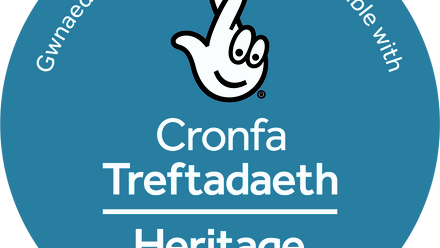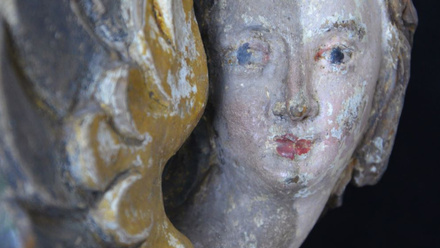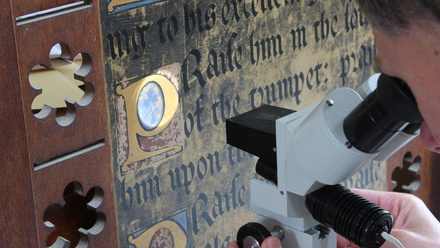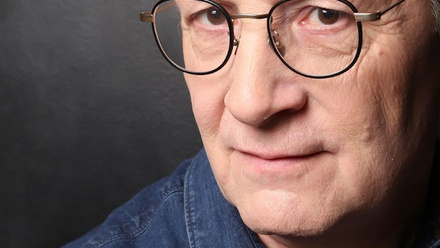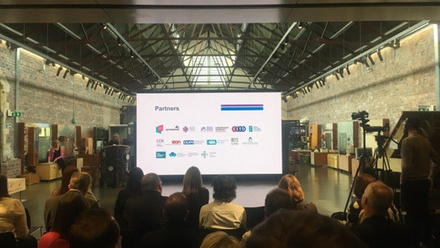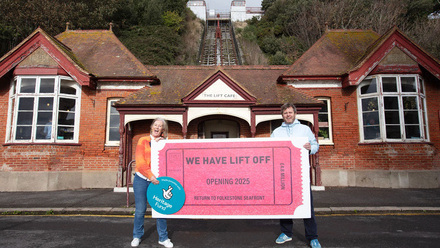Icon's Impact: Broadening Access to Icon Accreditation for built heritage and craft-based practitioners
What was the goal we set out to achieve?
Icon Accreditation provides a framework for all professional conservators to assess their practice regardless of their job role or material specialism; indeed, our Accredited members operate across over 150 specialist areas of conservation practice. However, we recognise that those with built heritage and craft-based backgrounds are underrepresented in our ranks.
Icon’s Board of Trustees have been committed to changing this position, and through embracing a wider definition of conservation practice to allow us to grow the number of Accredited members of Icon. This work is vital if we are to ensure that Icon Accreditation is recognised as the way of assessing proficient professional practice across the sector, and so enabling us to better advocate for the profession as a whole.
What we learned
To explore this is issue further, we brought together members and stakeholder on 25th May 2021 for a roundtable debate to explore the relevance of Icon Accreditation to the craft and built heritage sector, to identify the steps that need to be taken to make the process more accessible, and to support Icon in extending its influence across the conservation profession. Following a lively and engaging debate, we identified several of the key actions that we needed to take in order to drive forward this ambition. These included:
- Present a clear explanation of the ways in which the Icon Professional Standards apply across a range of conservation disciplines, job roles and professional backgrounds including those working in the craft and built heritage fields.
- Work with Icon Assessors and volunteer groups to increase awareness of the nature of the working environment of built and craft based practitioners to review the evidence base which can be provided by individuals to demonstrate their proficiency.
- Develop resources and examples which provide further advice as to the nature of underpinning knowledge of conservation practice that is required and how it is expected that this is applied in working practice.
- Work closely with the education sector to support the development of training which can support the development of underpinning knowledge of conservation theory and practice.
- Focus marketing and advocacy efforts to promote awareness of the value of Icon Accreditation to stakeholders in the construction sector who work with and commission the services of conservators practicing in built heritage and craft based conservation roles.
You can read the full report below:
What we will do next
This is an ongoing piece of work for Icon in helping to promote the impact of professional accreditation more broadly. To ensure that we maintain momentum from this debate, Icon is currently focussed on two of the recommendations arising from the event.
- Bringing together discussions to consider what it means to be a conservator and to better articulate the types of professional practice that are covered through Icon Accreditation.
- Developing understanding of conservation practice among those working in built heritage and craft-based roles through working with sector partners to develop training programmes.
- Taking a leading role by working with sector partners to consider how we can more effectively stimulate client demand for heritage skills and through this to articulate the impact of professional accreditation and quality assurance processes more effectively.


